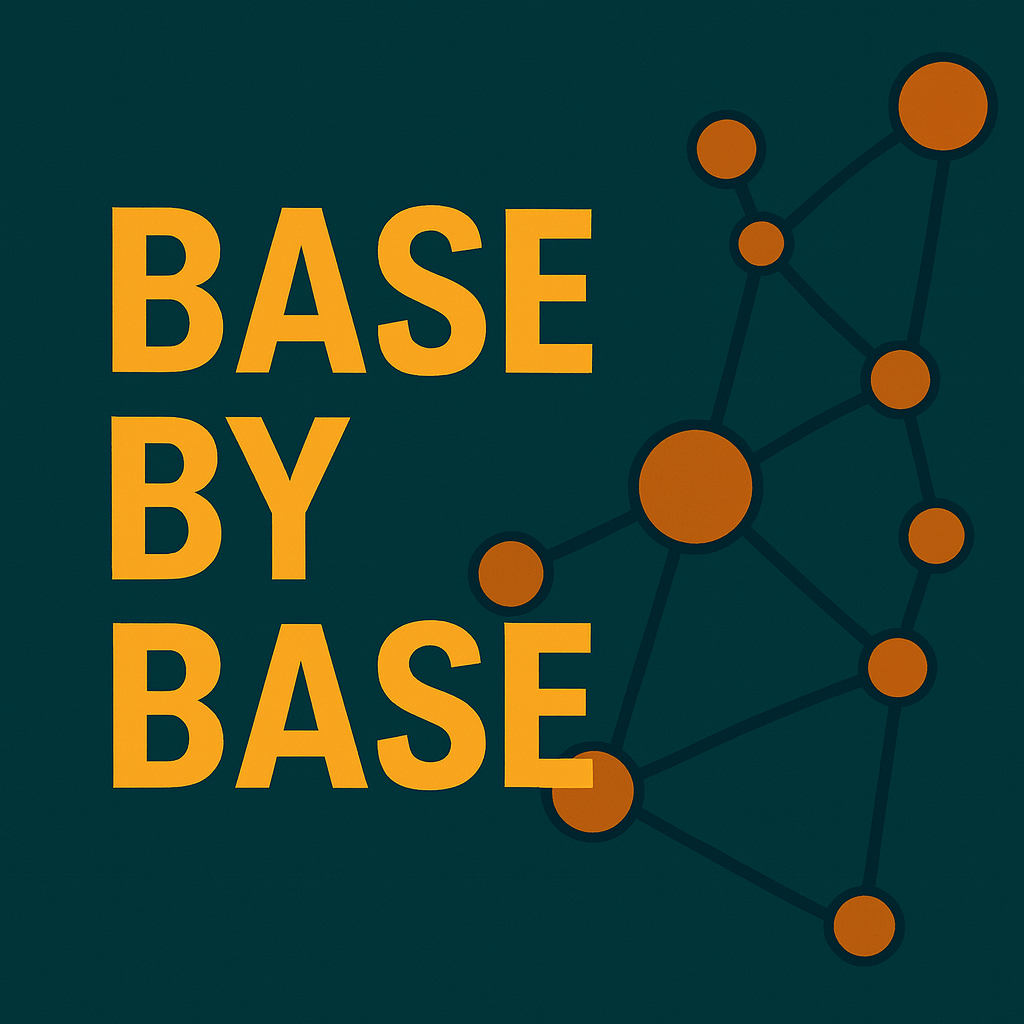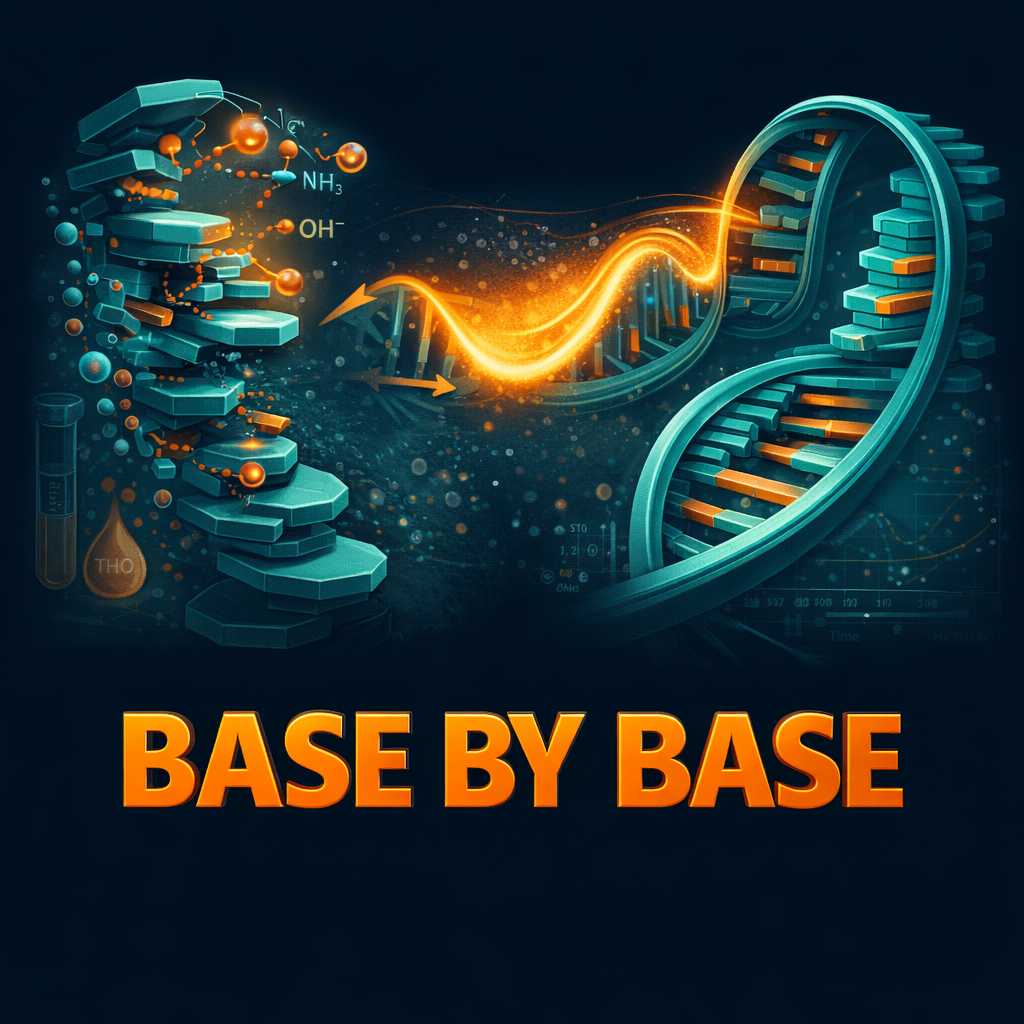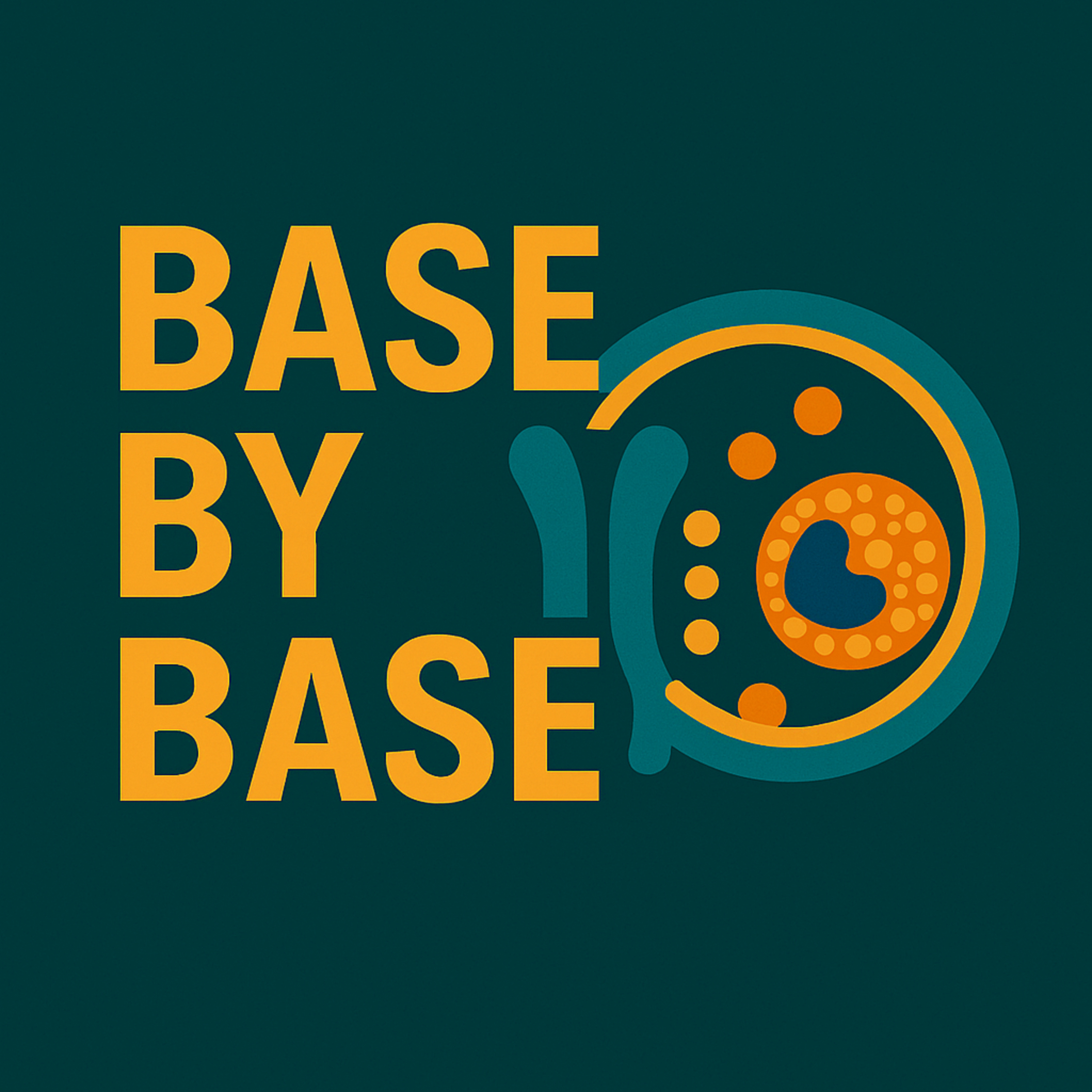Show Notes
️ Episode 124: Exploring the Omnigenic Architecture of Selected Complex Traits
In this episode of PaperCast Base by Base, we explore how researchers are uncovering the organizational principles behind complex traits through the lens of the omnigenic model. The study focuses on ulcerative colitis as a case example and investigates how core and peripheral genes interact within multi-modal molecular networks to shape disease risk and regulation.
Study Highlights:
The authors employed the Speos machine-learning framework to identify core genes for ulcerative colitis and validated their predictions across multiple datasets. Core genes displayed strong tissue-specific expression and robust enrichment in disease-relevant pathways, setting them apart from peripheral genes with similar GWAS signals. Perturbation analyses revealed that nearly one-third of genetic perturbations had distinct effects on core genes compared to peripheral genes, supporting a central assumption of the omnigenic model. Furthermore, co-perturbation simulations highlighted frequent non-linear interactions among core genes, suggesting that genetic regulation involves synergistic and suppressive dynamics not previously accounted for.
Conclusion:
These findings expand the omnigenic model by demonstrating that core genes occupy central positions in molecular networks and are subject to coordinated regulation, offering new insights into the missing heritability of complex traits.
Reference:
Ratajczak F, Heinig M, Falter-Braun P. Exploring the omnigenic architecture of selected complex traits. Am J Hum Genet. 2025 Sep 4;112(1):1–23. https://doi.org/10.1016/j.ajhg.2025.07.006
License:
This episode is based on an open-access article published under the Creative Commons Attribution 4.0 International License (CC BY 4.0) – https://creativecommons.org/licenses/by/4.0/
Support:
If you'd like to support Base by Base, you can make a one-time or monthly donation here: https://basebybase.castos.com/
Keywords: omnigenic model, core genes, ulcerative colitis, machine learning, complex traits




